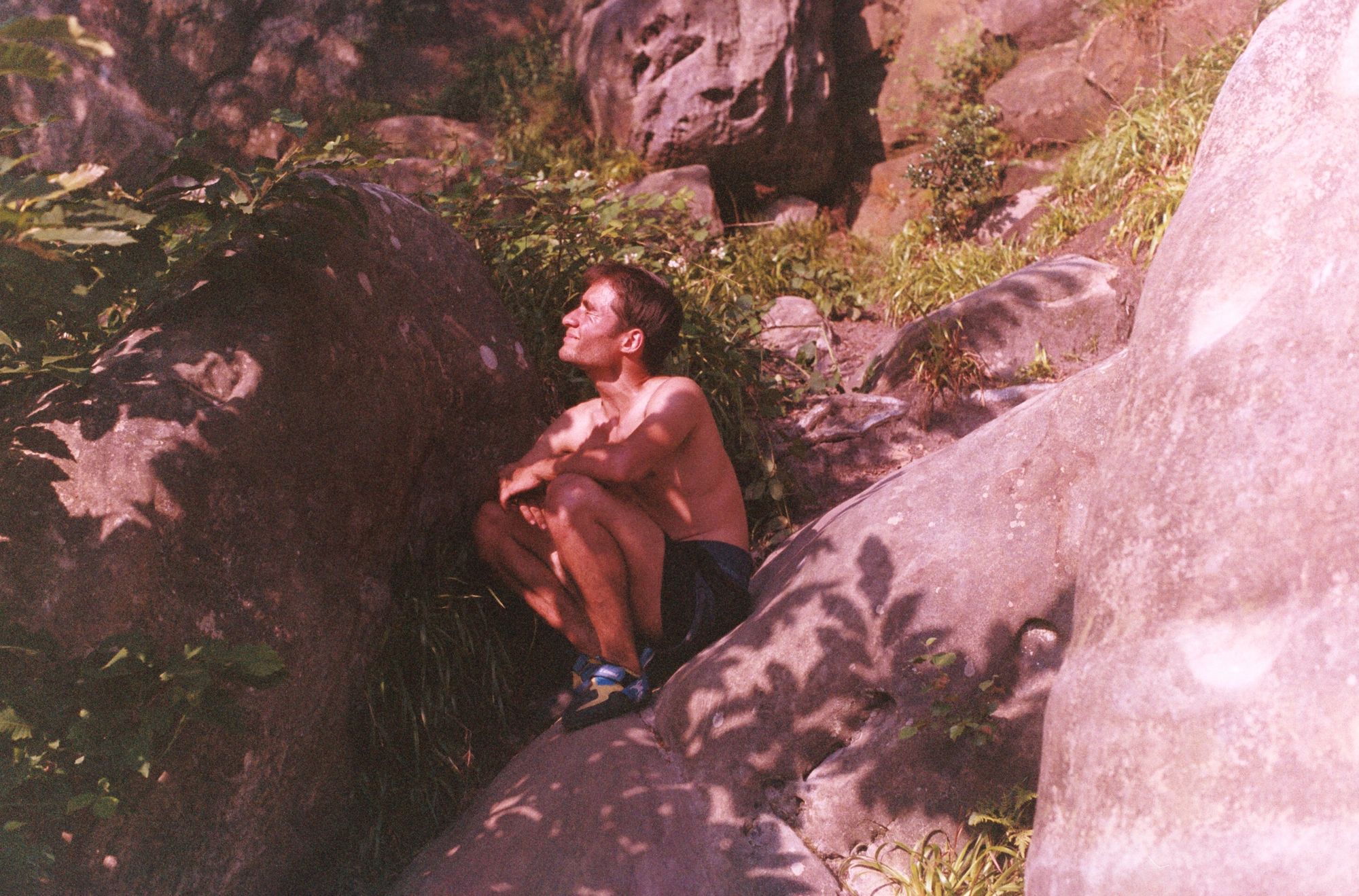By Tommy Allday, English
The Croft Magazine // When it comes to travel, is the lens of the internet really authentic enough? To experience travel as more than two-dimensional, it needs to be lived, decided, felt, tasted, and breathed in.
We’re now at a point where it’s conceivable a person might come forward and say: ‘I don’t need to ever actually see the world, I’ve seen it all on video’. It seems crude, but within our increasingly digital society, the physical experience and enjoyment of travelling seems under threat from the internet. This isn’t at all to say tourism is a dying industry, nor that world travel is on the decline - but now, whether it be on your phone, computer, or any networked device, you can simply browse the world conveniently at your fingertips.
This shouldn’t really be seen as a bad thing, either. From an external perspective, it seems to solve some issues: there’s the point that virtual tourism could decrease air travel; whether it be a vlog, or an influencer-style travel page that insists ‘seeing it online is just as good as seeing it in person’. With carbon emissions decreased, and flight numbers declining, not only is internet travel good for the planet but it also keeps happy those dissatisfied with the very modern ‘inconvenience’ of getting on a plane for eight hours, to travel half-way-around our planet.

It certainly is an alternative - to instead voyeuristically indulge in another’s travel experience from the comfort of your home, or ‘armchair travel’ as some like to call it – but crucially, there is a distinct difference between seeing the world virtually, and actually experiencing the world.
Look at online teaching in COVID: simply put, it just wasn’t as good. The virtual experience isn’t the same, it doesn’t feel the same, and it hasn’t been really considered a replacement for the in person experience. Just as a camera and a microphone can’t replicate education, nor can they replicate travel. An online experience is something necessarily entwined with sensory deprivation: whilst you can still ‘hear’ and ‘see’ what you’re being shown, that’s about it. Virtual travel doesn’t give you that endearing cringe that comes with the feeling of your toes first touching the sand, or first feeling a ray of sunshine; it instead gives you an uncontrollable lens from which to regard the world. But travel is not a 2-dimensional experience. It is something to be lived, decided, felt, tasted, breathed in.
There’s also the issue of idealisation and authenticity. What you see isn’t always what you get, and this can work in more than one direction. For example, you might see a travel vlog online and become drawn to it, eventually taking the step of travelling to said place; then, when you get there, you discover the vlog was inaccurate, and the trip far less enjoyable than you had imagined. Where previously a travel vlog might strip someone of a sensory experience, it now forces someone into one they just won’t enjoy. On both sides of the spectrum, online travel accounts teeter on ideas of inauthenticity.
Whilst we live in a world of seemingly exponential technical growth, technology providing a complete sensory experience of what it is like to be somewhere seems a bit far off. Though world travel’s side effects might cause damage to our world, and steps should continue to be taken to counteract this, the healthy urge to explore new things should not be put aside for the convenience of the internet. Travelling is a human action, and for it to be experienced to its fullest, it must be a completely human experience.
Featured image: © Adam Liu
Are we all guilty of inauthenticity on the internet, or is travel something that should be kept in the moment?









